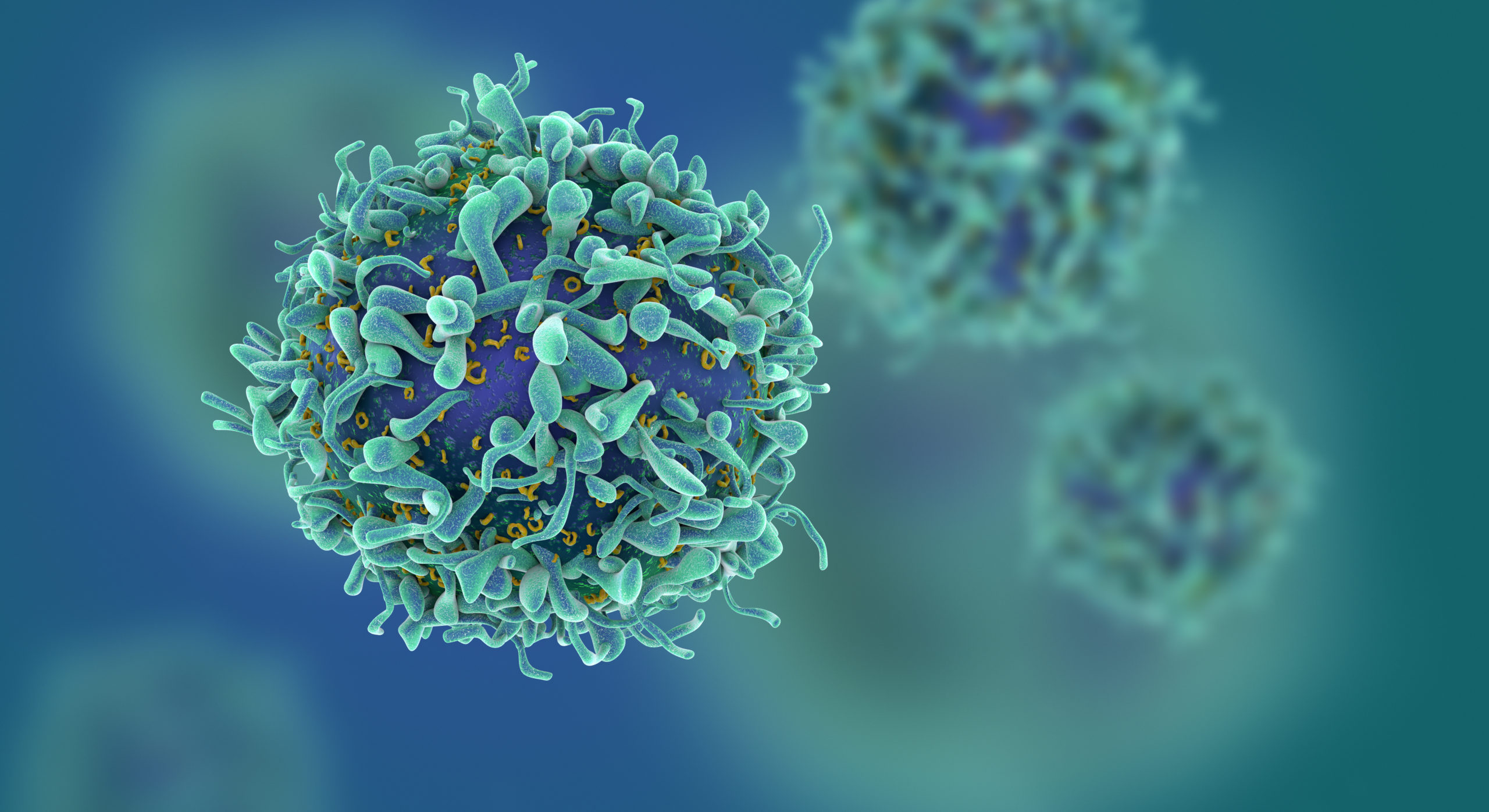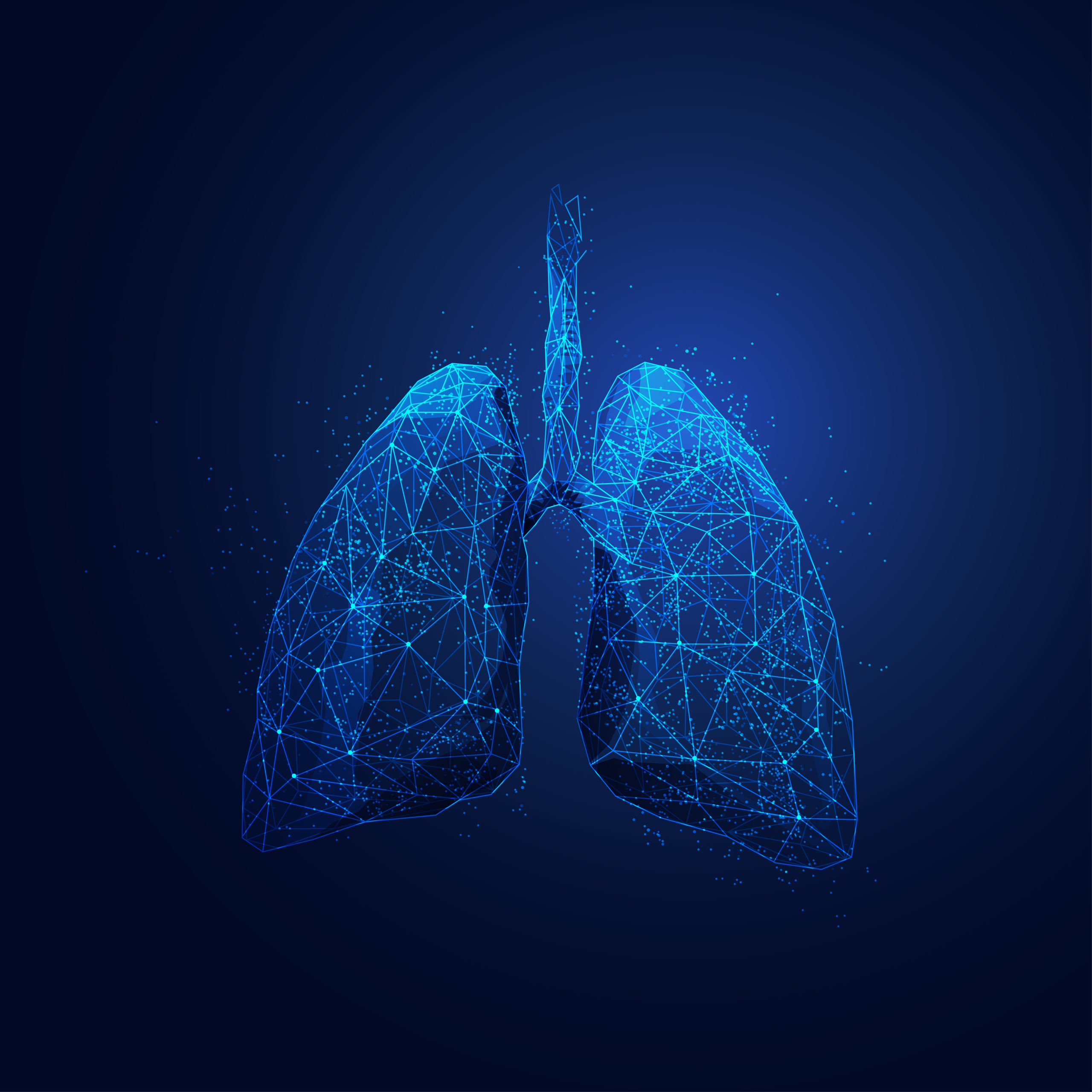Year: 2025
-

Precision Education in Focus at Medical Education Day
Feinberg faculty, trainees, students and staff gathered to explore the future of teaching and learning in medicine during the 15th Annual Medical Education Day on September 24.
-

Modified T-cells Promote Tissue Repair from Pneumonia
Northwestern Medicine scientists have discovered that a subset of laboratory-modified T-cells can promote the repair of lung tissue damaged by viral pneumonia, according to a recent study published in The Journal of Clinical Investigation.
-

QSI RENU Team Receives MTEC Grant to Develop Regenerative System for Wound Healing
A research team at the Querrey Simpson Institute for Regenerative Engineering has received a four-year, $4.7 million grant to develop a system to simultaneously accelerate wound healing, lower infection risk, and provide continuous in-wound monitoring.
-

Novel Monoclonal Antibody May Improve Sepsis Treatment
A novel monoclonal antibody treatment developed in collaboration with Northwestern Medicine scientists reduced inflammation and immune dysregulation in mouse models of sepsis, underscoring the antibody’s therapeutic potential in treating the disease, according to a recent study.
-

Novel Approach May Improve Early Cancer Detection
A novel approach to detect RNA modification patterns in patient blood samples may be a promising tool for the early detection of colon cancer, as detailed in a recent study published in Nature Biotechnology.
-

Carbon Dioxide May Drive Lung Damage in COPD
A new Northwestern Medicine study is challenging long-held assumptions about chronic obstructive pulmonary disease (COPD), according to results published in The Journal of Clinical Investigation.
-

Wearable Sensors Could Reshape Obesity Treatment
Northwestern scientists have created a new lifestyle medicine program that uses three wearable sensors to capture real-world eating behavior in unprecedented detail.
-

Timely Pain Treatment Linked to Reduced Hospitalizations for Children with Sickle Cell Disease
A new study has found that prompt administration of opioid pain relief in emergency departments reduces the likelihood of hospitalization for children with sickle cell disease, according to findings published in JAMA Pediatrics.
-

Investigating How Tumor-Immune Cell Clusters Drive Cancer Spread
In a pair of studies, investigators from the lab of Huiping Liu, MD, PhD, have uncovered how specific cellular interactions in the bloodstream may be fueling the spread of breast cancer.
-

Nation’s First MIRAVA Polyscope Comes to Center for Advanced Microscopy
Feinberg investigators now have access to one of the most advanced super-resolution imaging systems in the world, thanks to the installation of the MIRAVA Polyscope at the Center for Advanced Microscopy.






